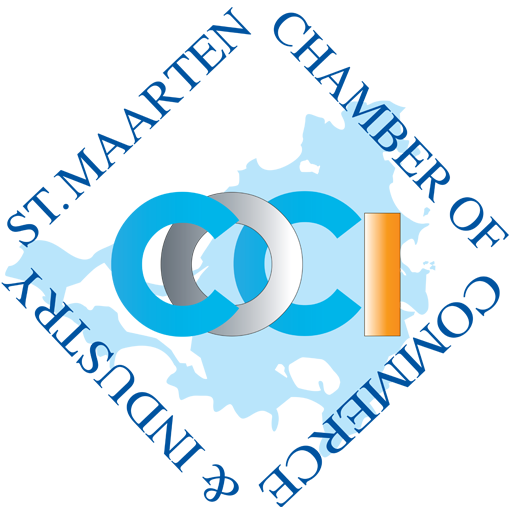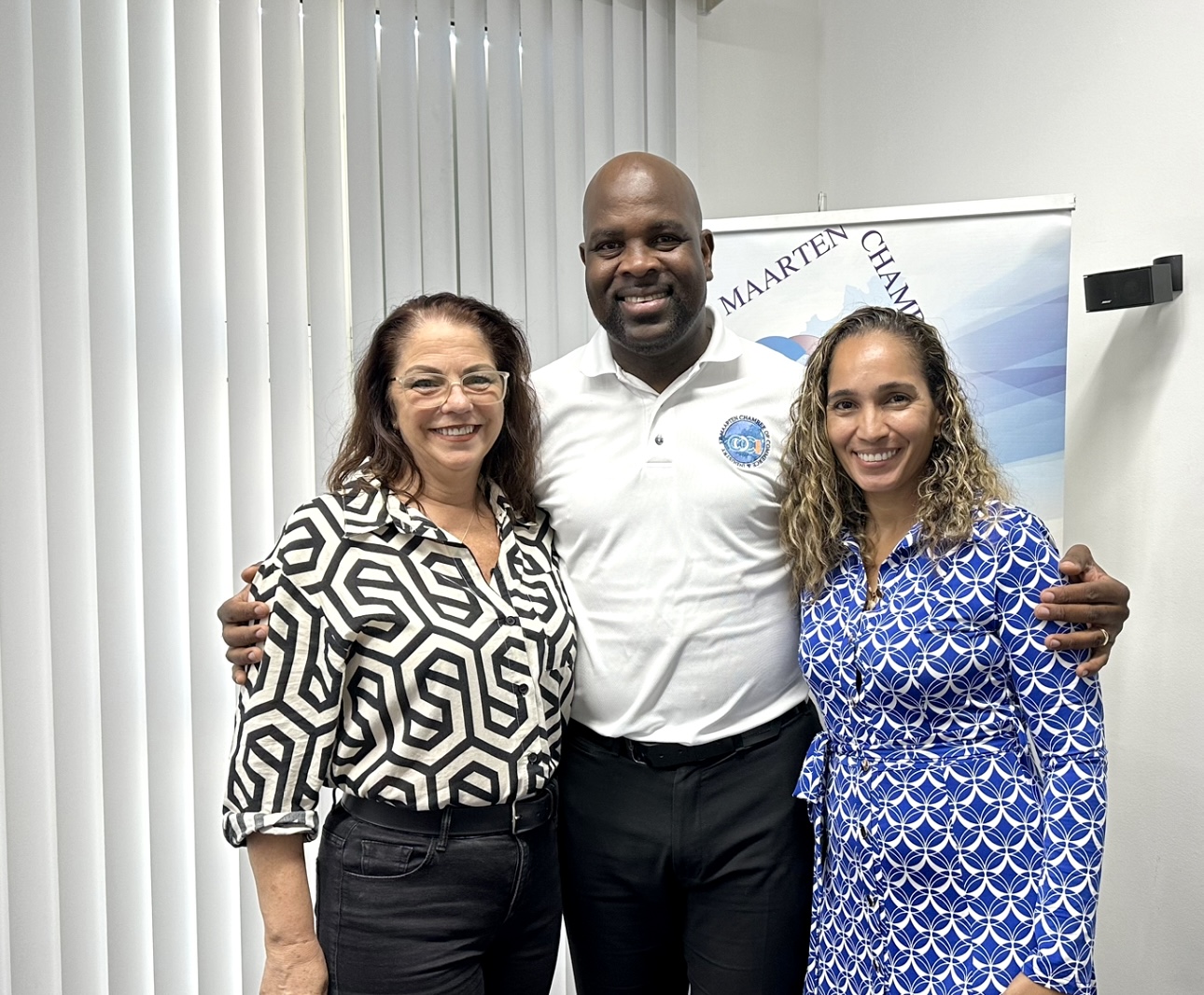
Welcome to The St. Maarten Chamber of Commerce & Industry
We serve as advocacy group for the Business Community through various exchanges with governmental officials and NGO's.
aboutWelcome to The St. Maarten Chamber of Commerce & Industry
Let's Take Your Business To The Next Level
We have a wide variety of services available for starters, entrepreneurs and the business community
servicesWelcome to The St. Maarten Chamber of Commerce
Strengthen Your Business Endeavors
Join our Free webinars, brought to you by professionals to help you gain better insight and business aspects.
WEBINARSWelcome to The St. Maarten Chamber of Commerce & Industry
Supporting and Encouraging all Entrepreneurs
We are always coming up with innovative solutions and incentives to create an attractive business climate.
NewsFind information about companies and legal entities
Event Calendar
There are no upcoming events to display at this time.
The St. Maarten Chamber of Commerce & Industry
Find out what we are up to and what the latest developments are locally and regionally.
Business Open on Christmas Day
The Ministry of Tourism, Economic Affairs, Traffic, and Telecommunication(TEATT) hereby informs the public that, due[…]
Election Results 2024
The St. Maarten Chamber of Commerce & Industry announces the results for the Board of[…]
Voting for Election Candidates
December 4, 2024 The St. Maarten Chamber of Commerce & Industry 2024 Election The various[…]
COCI becomes part of your growth and
we stand with you during every stage of your business
How can COCI help you?
We provide business information via our website with the latest local and regional news to keep you updated on all developments that effect our local economy.
Via our COCI portal you can access our company registry and request more information via our FAQs page.
This service permits all requests for excerpts to be handled within 24hrs.
Requests can be made online via our website, or via fax or email. COCI commits to continuously improve speedy service.
An excerpt/extract is an overview of the company data registered with the Chamber of Commerce. This contains the company name, the address, in many cases also the officers employed. You can purchase a viewing copy for $11.10.
With COCI 2U we schedule meetings at your company location for your convenience.
Processing payments, return payment receipts or relate documents to customers has never been so easy. We send out couriers so you can save time!
COMING SOON (This service is not in effect yet)
This service is designed to permit easier access to Chambers Philipsburg's location in December, during the busy holiday season.
Client requests can be dropped off and picked up curbside.
Simply use the short dialing code: Call the COCI hotline +1 (721) 5423590 and our COCI staff will assist you.
This service is only available in December!



